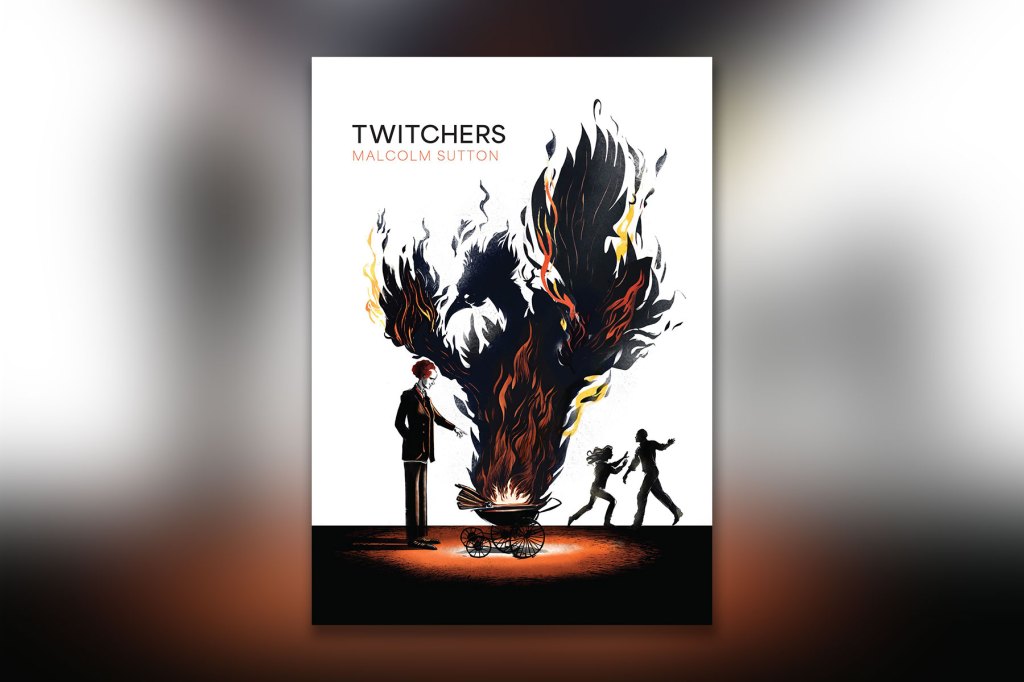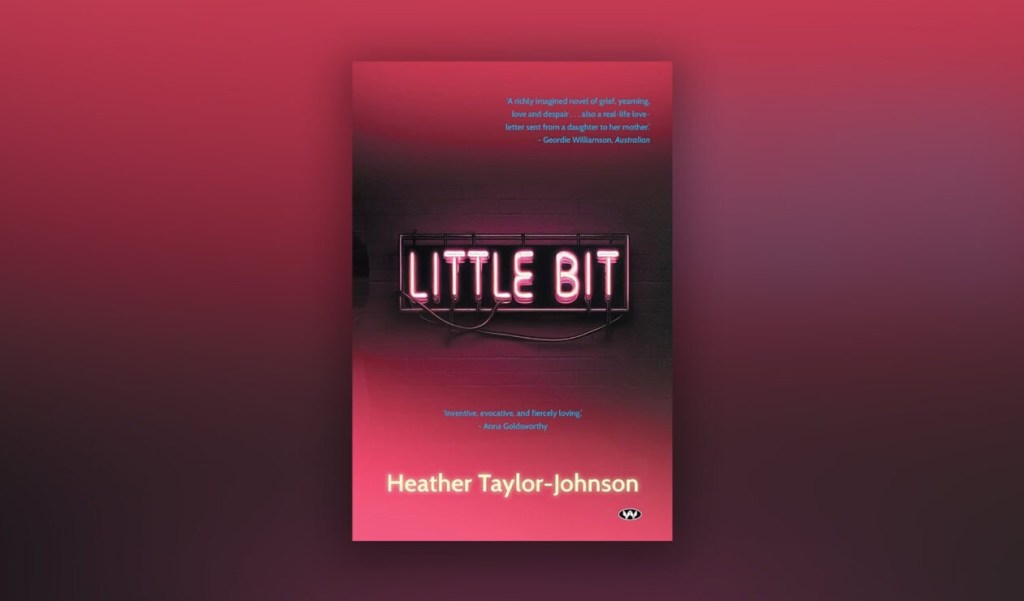Book review: Twitchers
Journalist and musician Malcolm Sutton’s darkly comedic debut novel strikes sparks with his flint-sharp satire and tinder-dry take on life in Adelaide’s foothills.

From the outside, it seems as though Richard has it all. He’s a successful advertising executive working in London for a prestigious West End firm. He’s deeply in love with Lena, his gorgeous Brazilian girlfriend who smells like freshly starched laundry. But inside Richard’s head it’s a different story.
The campaigns he’s been working on are growing increasingly inflammatory: racist burger commercials, a tampon range marketed to men and a plan to live-stream overfeeding a dog with cans of dodgy Russian meat. It’s all part of Richard’s secret strategy. Rather than admit to his ambitious, career-focussed girlfriend that he hates his job, feels like a fraud and is almost incapacitated by the severity of his OCD and anxiety symptoms, he’s created these deliberately offensive and provocative ads to serve a more subversive purpose – Richard wants to be cancelled.
The career self-sabotage works and before he knows it, he’s landed back in Blackwood, a suburb in the foothills of Adelaide, living in a granny flat in his parents’ backyard. Heartbroken, unemployed and bedevilled by the unrelenting noise of a bird living in a neighbouring tree, Richard soon finds that rather than escape his situation, he’s brought his most significant problems along for the ride.
His OCD and anxiety symptoms – compulsive blinking, swallowing, hand sanitising, and obsession with breathing and heartrate – are escalating. His only escape from his compulsions is the scent of pure cleanliness he associates with his ex-girlfriend, a cure that is now sadly beyond his reach. Plus, he’s back living under the dark cloud he fled to London to escape – a conviction for arson.
You might like
As smoke begins to fill the sky over Blackwood, Coromandel Valley and Belair from a series of bushfires set by a pyromaniac, Richard finds himself in the crosshairs of the local police. Falling back into old friendships and habits, he and his friends are convinced that these fires are the work of the Blackwood Clown, an eccentric artist living like a hermit in the local bushland who is bent on exacting revenge. As the fires continue to escalate in frequency and intensity, and despite an alibi from his ex-lover Ashleigh, all evidence seems to point in Richard’s direction.
Pyromania and mental health are not routine targets for comedy but Sutton has used his darkly comedic view of the world to craft a series of unique and surprising characters. He avoids cliché and stereotypes when dealing with Richard’s obsessive compulsive disorder and anxiety by concentrating more on the character’s internal experience of the symptoms rather than their external expression. Symptoms of anxiety and compulsive actions are described as “piranhas”, and readers are given insight into Richard’s obsessive and intrusive thoughts about the scents, textures and sounds he observes about the bodies of other people and the visceral responses they stimulate in his own.
Sutton’s sharp eye is not restricted to character – his observation of place is equally keen. It’s clear the South Australian author has an insider’s knowledge of this region of the Adelaide Hills. With many scenes set on named streets, in specific parks and patches of local bushland, Blackwood residents in particular will be able to pinpoint the exact locations of many of the novel’s scenes.
In the tradition of Ben Elton and Tom Sharpe, Sutton’s brisk narrative pace, energetic prose and characters with darkly skewed perspectives on the modern world combine to create a unique combination of keenly observant and satirical black humour. Using his deep knowledge of local history, social demographics and geography, and perfusing it with dark satire, he has created a novel that, while deeply rooted in the local, will appeal to readers far beyond Adelaide’s suburban sprawl.
Twitchers, by Malcolm Sutton, is published by Puncher & Wattmann.

